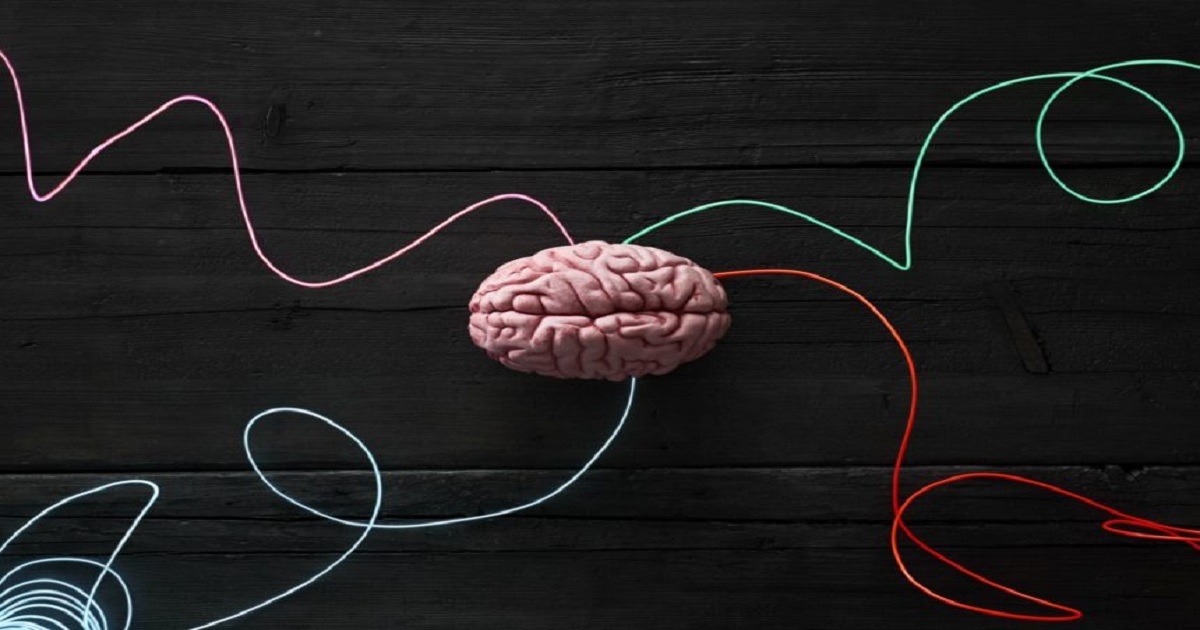AI and Machine Learning Technology Can Detect Nocturnal Hypoglycemic Events
medicalbag.com | February 11, 2020

Researchers from the University of Warwick have developed an artificial intelligence (AI)-driven, noninvasive technology that is capable of detecting nocturnal hypoglycemic events from raw electrocardiogram (ECG) signals without the need for a finger-prick test. Findings from a pilot study of the technology were published in Scientific Reports.In the pilot project, researchers assessed nocturnal glucose levels in 4 healthy individuals during a 2-week period. Commercial wearable sensors were used to record ECG, actigraphy, and continuous glucose monitoring findings. The investigators trained a convolutional neural network (CNN) system on isolated heartbeats taken from the raw ECG signal. The CNN-based system and a CNN plus recurrent neural networks (RNN) system were used to examine the feasibility of heartbeat classification by levels of blood glucose.In the combined CNN plus RNN model, the CNN learned heartbeat representation, whereas the RNN learned the sequence of the heartbeats in 5-minute ECG intervals. After a personalized medicine approach, the 2 models used in this study were trained for each study participant. The average sensitivity of the CNN model for detecting low blood glucose during 10 minutes was 87.5%. During a 10-minute period, the CNN plus RNN model featured an average sensitivity of 84.7% and specificity of 84.5% for detecting hypoglycemic events.